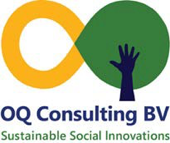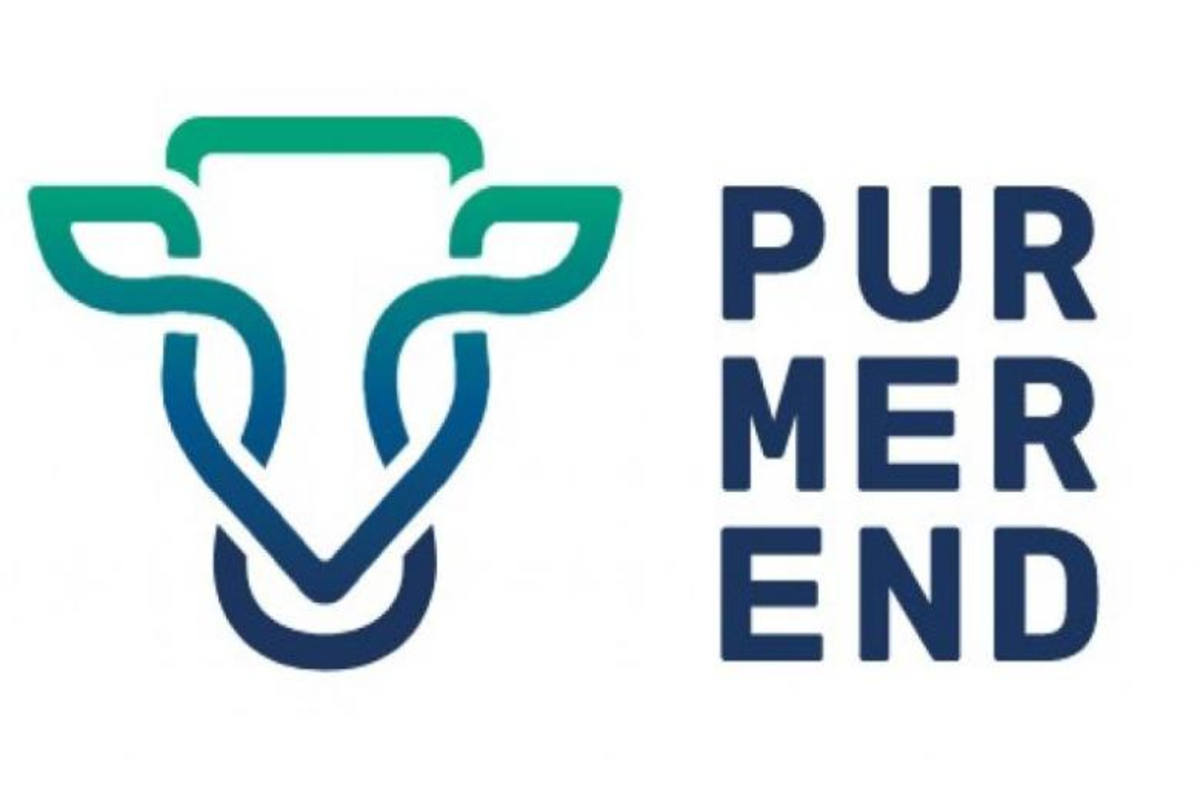Teachers want the best education possible for their students.
But what is possible?
Excellence has to do with the combination of a lot of things, including the quality of the training of the teachers, the physical conditions under which they teach, and the availability of class room materials.
In the Netherlands, it is easy to tick off these boxes. The teacher training colleges do a great job. Sufficient funding is available to make sure our kids have a conducive learning environment. And, though budgets are strapped, it is possible to get classroom materials that will do the job.
The ground is laid for excellent education. But acheiving excellence in education requires a collective effort by the staff, the parents and the students. The culture of cooperation is based on “We”, rather than “You and I”.
The culture of cooperation comes naturally to some people, to others not. For most, it is unusual to ask any but the closest colleagues for advise. If a colleague responds with “Don’t you know that?” it makes it difficult to ask again. If the colleague responds with “I had problems with that once, and here’s how I dealt with it” the person with the question feels validated and free to approach the colleague in the future.
Developing cultures of cooperation means that schools, and other organizations, can rise above their limitations and realise their dreams. They have the knowledge and skills to develop strategies; to make the dreams possible is the next step.
=====
Lin McDevitt-Pugh MBA is the founder of NETSHEILA. Our work is based in the Netherlands and Europe.
Our clients



















